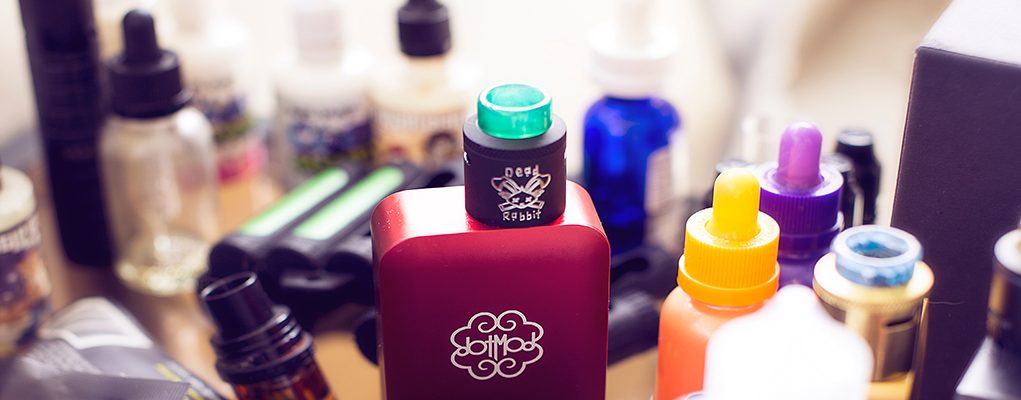“It is especially concerning that two thirds of the products were not labelled as containing nicotine,” said the two groups in a joint statement. “As enforcement options are under consideration, further information on the businesses involved cannot be provided publicly at this stage,” they added.
Last year, Australia’s Federal Health Minister Greg Hunt had announced a new measure banning the importation of vape liquid containing nicotine. A few months later the Therapeutic Goods Administration (TGA) announced their final decision on the measure, “..the importation of nicotine e-cigarettes and liquid nicotine for vaping will require a doctor’s prescription.”
To this effect, as of October 2021, vapers in Australia are only able to purchase vaping products from pharmacies via prescription. While retailers in neighbouring New Zealand and most other countries are able to responsibly sell nicotine products over the counter, anyone caught violating Australia’s harsh regulations will face steep fines, and in some cases even imprisonment.
The repercussions of the local vape ban
Many tobacco harm reduction experts have highlighted that as a result of this ban many vapers would either switch back to smoking or resort to obtaining their preferred products illicitly. “At present, only a very small number of people vaping have a prescription as is required. Most nicotine supplies are imported without a prescription or purchased from the black market. If compliance with the new arrangements is poor, then some will return to smoking while others will purchase supplies from the black market. Neither are good outcomes,” read a recent article on The Sydney Morning Herald by renowned tobacco control experts Alex Woodak and Colin Mendelsohn.
And unsurprisingly reports of such actions are already circulating. The Therapeutic Goods Act (TGA) is warning consumers to be aware of counterfeit nicotine vaping products being advertised and sold online. Similarly, the Australian Medical Association (AMA) has raised concerns about young people still being able to purchase disposable vapes illegally.
Australia: Over $2 Million Worth of Vapes Seized in NSW Health Crackdown












